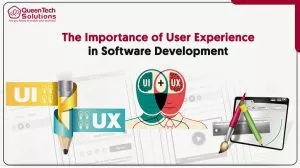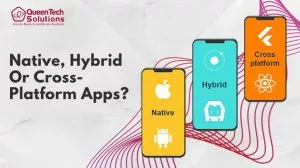- November 23, 2023
- Posted by: Jacky Melek
- Categories: Software Development, Mobile App Development

The extensive adoption of mobile-first strategies by tech giants, coupled with the widespread availability of internet access and the affordability of smartphones, has established mobile apps as indispensable in today’s digital landscape. Both the Google and Apple app stores boast millions of applications, catering to diverse needs such as productivity enhancement and mobile commerce. Undoubtedly, mobile apps have evolved into a transformative influence in the contemporary digital realm.
Despite the abundance of mobile software development companies and the ready availability of development tools, facing setbacks is still a possibility. The foremost challenge often revolves around the expenses associated with app design, development, and deployment. If you find yourself grappling with this obstacle, here are some strategies to mitigate and trim down your mobile app development costs.
5 Ways To Reduce Mobile App Development Cost
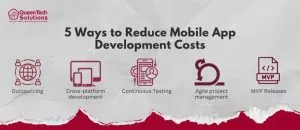
1- Outsourcing
Upwork states that the minimum cost for building a mobile app ranges between $150,000 and $450,000. Outsourcing the development project can limit the cost to a range of $10,000 to $80,000. The ultimate price is contingent on factors such as features, the chosen platform, and the country where the project is outsourced.
Engaging dedicated engineering teams and outsourcing the project remains a preferred cost-saving strategy for both large and medium-scale enterprises. The evident advantages it offers include time efficiency, comprehensive service delivery, and access to extensive talent pools.
2- Cross-platform development
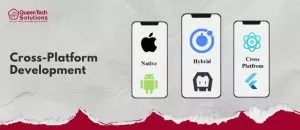
Creating native app versions for Android, iOS, and Windows can be a costly endeavor. To cap project expenses and minimize man-hours, opting for cross-platform app development is a viable alternative.
The standout advantage of cross-platform development lies in the use of highly reusable code. The app’s business logic can be written once and applied across various platforms, resulting in significant time and cost savings. Cross-platform frameworks like Xamarin, PhoneGap, Appcelerator, Sencha Touch, and NativeScript are excellent examples that offer substantial cost-effectiveness.
3- Continuous Testing
Ensuring quality and addressing bugs during the project’s closure can pose challenges for everyone involved, including stakeholders and customers. Importantly, it can significantly escalate the cost estimates of a mobile app. Implementing continuous mobile testing can mitigate the risk of inflated costs by fostering improvements at every stage of the release in a mobile app development project.
4- Agile project management
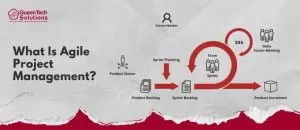
The Agile methodology in mobile app development offers numerous advantages, including rapid development, budget control, and adherence to project specifications.
In the Agile framework, a sizable mobile app development project is divided into smaller development cycles comprising tasks, sub-tasks, and modules. Breaking down the work into smaller units makes it more manageable. Developers and testers collaborate at every stage, providing regular updates to stakeholders. This collaborative and iterative approach positively impacts the quality of the product release and expedites delivery.
5- MVP Releases
An MVP, or Minimum Viable Product, is essentially a functional prototype of a mobile app that incorporates all the essential features. The purpose of an MVP is to serve as a testing ground, allowing stakeholders to assess the feasibility of the product before launching it for widespread commercial or internal use.
The MVP offers clear cost benefits to mobile development. Not only is the MVP more economical to develop initially, but it also aids in identifying enhancements and isolating bugs well in advance of the full-scale implementation process, thereby reducing subsequent efforts. Additionally, an MVP can impress potential investors and attract funding for the actual app development.
Conclusion
Outsourcing, cross-platform development, continuous testing, Agile project management, and MVP releases stand out as the five most popular strategies employed by enterprises to mitigate the costs of mobile development. Adopting at least one of these trends can transform a mobile app implementation into a comparatively cost-effective endeavor.
If you have any questions about software development consulting services for different industries healthcare, e commerce, fintech.. call us today. Our business managers in our offshore software development company will gladly provide you with additional information and assistance.

